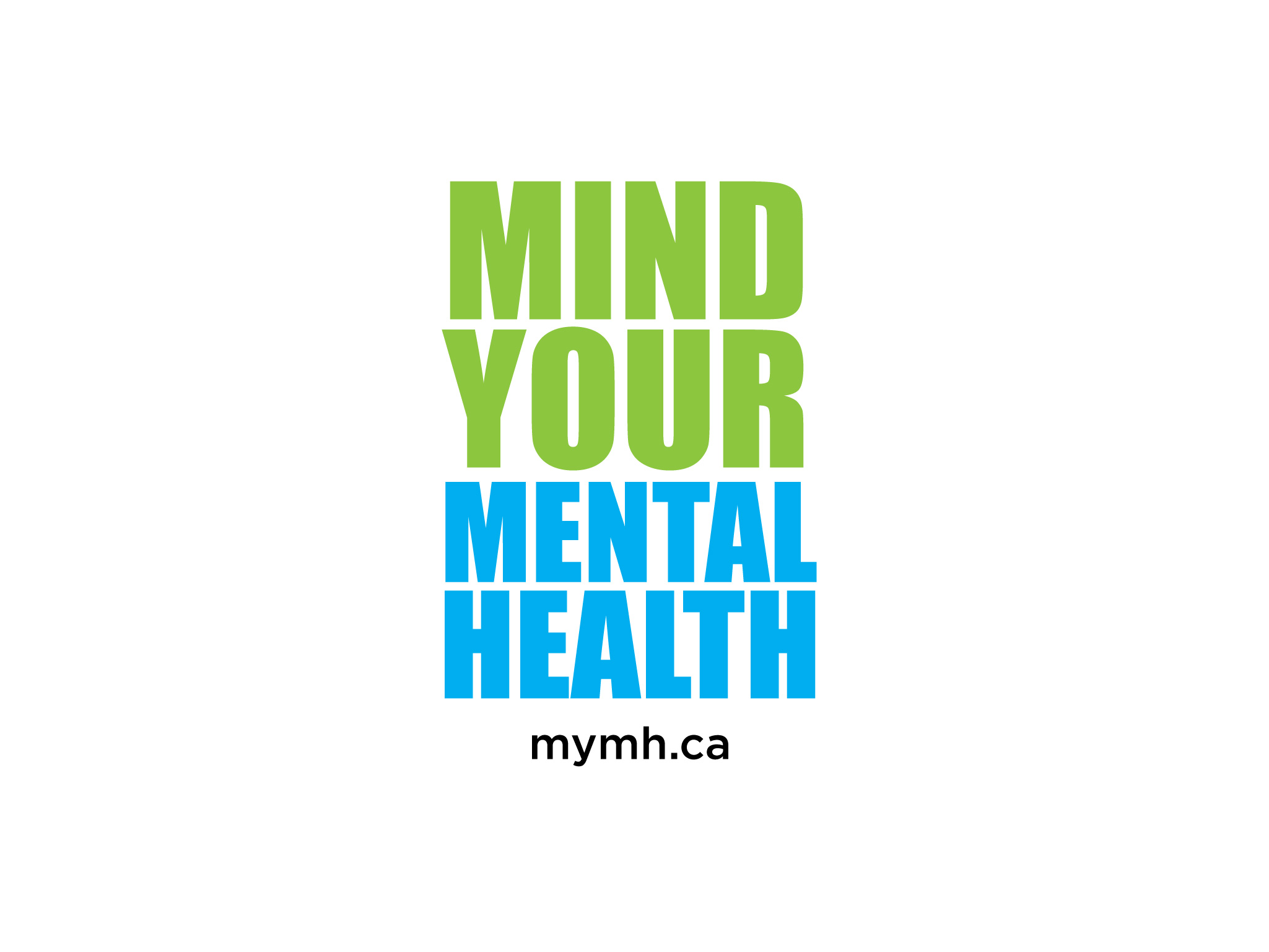More Questions about Treatment?
by Admin
Posted on 17-08-2023 07:39 PM

Take the
time
to learn more about their mental health disorder. Mental illnesses are just that: illnesses.
 If you were dating someone who had diabetes, you'd likely work to find out all you could about the foods to avoid and the treatment options. You'd encourage them to take their insulin and to manage their disorder accordingly. And the same should be true when it comes to mental illness. Get to know more about the specific disorder your partner experiences. Start by asking very open-ended questions to your partner such as "i know everyone with panic attacks experiences them differently, how does your body feel during one?" open-ended inquiries can make the listener (your partner) feel more at ease and less judged — as if you're simply curious to understand their experience.
If you were dating someone who had diabetes, you'd likely work to find out all you could about the foods to avoid and the treatment options. You'd encourage them to take their insulin and to manage their disorder accordingly. And the same should be true when it comes to mental illness. Get to know more about the specific disorder your partner experiences. Start by asking very open-ended questions to your partner such as "i know everyone with panic attacks experiences them differently, how does your body feel during one?" open-ended inquiries can make the listener (your partner) feel more at ease and less judged — as if you're simply curious to understand their experience.
Should I Tell My Partner?
A stress-inducing relationship can be one with a partner, a family member, a friend, or a professional colleague. People may find themselves at odds with others for many reasons. The pandemic and political polarization that has occurred in recent years may be exacerbating factors for some, says dr. Gatchel.
 Relationship stress is often particularly challenging for people who are in a role as caretaker for a child, ailing adult relative, or partner. "caring for a spouse or a loved one can lead to increased stress, which puts you at risk for depression or physical health problems if the you don’t feel supported," says dr.
Relationship stress is often particularly challenging for people who are in a role as caretaker for a child, ailing adult relative, or partner. "caring for a spouse or a loved one can lead to increased stress, which puts you at risk for depression or physical health problems if the you don’t feel supported," says dr.
Emotional intelligence can have a surprisingly powerful effect on our lives, from our ability to foster long-term relationships with friends and romantic partners to whether we’re able to succeed in school and pursue meaningful work that gives us a sense of purpose. In this guide, you’ll learn four key elements of emotional intelligence and uncover some negative and positive real-life examples of each. Most importantly, this report teaches you habits and skills you can practice to improve your relationships by cultivating greater emotional intelligence.
Being happily married or in a stable relationship impacts positively on mental health. Research has found that high marital quality is associated with lower stress and less depression. However, single people have better mental health outcomes than unhappily married people. 6recent studies from ireland and the usa have found that negative social interactions and relationships, especially with partners/spouses, increase the risk of depression, anxiety and suicidal thoughts. In contrast, positive interactions reduce the risk of these issues. 7,8.
Even though a healthy relationship is marked by love, boundaries still exist. Each partner should have access to their own personal space and feel okay retreating into it if they need time alone.
How Should I Tell My Partner about My Mental Health Condition?
Living with a mental health condition is difficult. Building a trusting, healthy relationship is difficult. Managing two at once? near impossible. At least, that’s what i once believed. The truth is that your mental health will impact your relationship, and vice-versa. When single, there’s a tendency to doubt yourself which is amplified by anxiety and depression. Low mood and a lack of self-confidence can lead to a downward spiral. Related reading: 4 key points to know about the impact of mental health on relationships.